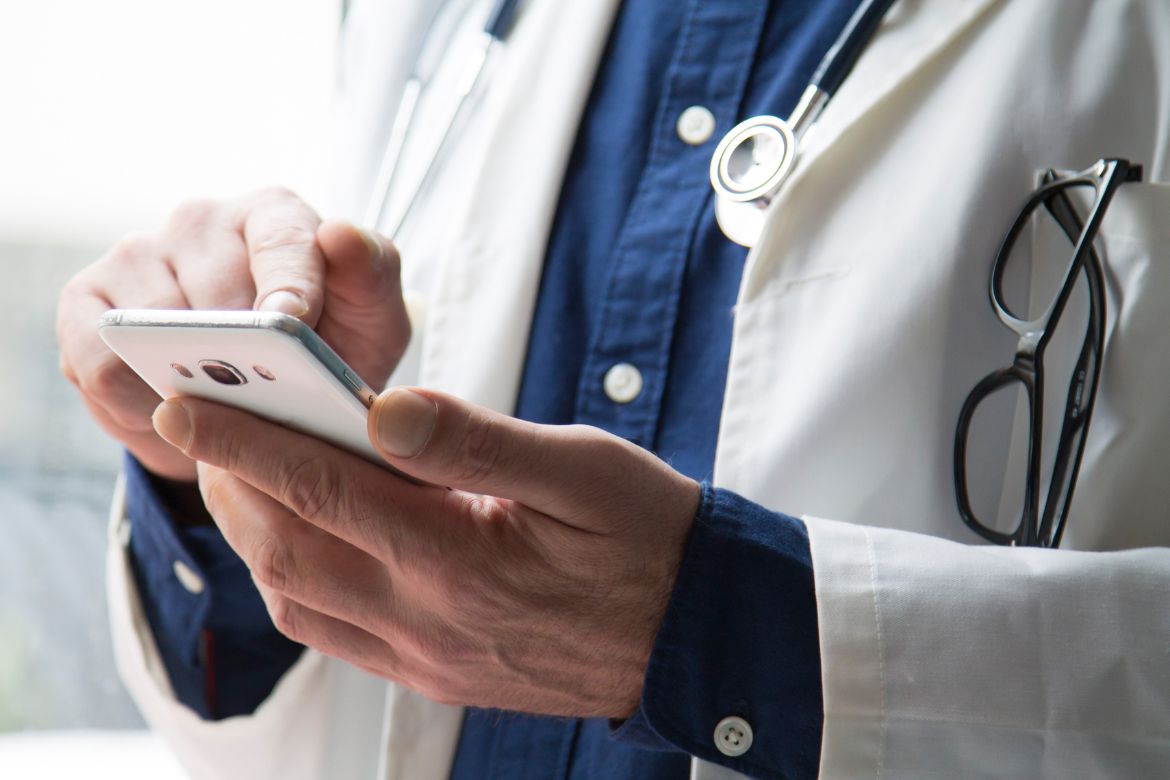5 Portable Devices That Doctors Use in Healthcare
Technology continues to advance, and it is moving the healthcare sector with it. Portable devices play a crucial role in how doctors practice medicine and enhance patient care. Read on to learn about five portable devices that doctors use in healthcare and how they are essential to modern medical practices.
Smartphones
One of the devices that doctors rely heavily on today is quite common: smartphones. These handheld devices can add convenience to a caregiver’s workday with the power of Android development apps for healthcare.
Medical professionals don’t have to use computers to look up information regarding a patient’s condition. Instead, they can turn to their smartphone, which might allow them to administer care faster and enhance patient satisfaction.
These devices have also enhanced caregivers’ communication with their patients. For example, if the patient thinks of a question after their appointment, they can send it to their physician over the smartphone. Once the doctor answers, the patient can do a better job of taking care of themselves.
Tonopens
Tonopens are a boon for ophthalmologists. These handheld tonometry devices measure intraocular pressure (IOP), which is pivotal for diagnosing and managing glaucoma.
Because of their size, tonopens don’t require a lot of space for storage, and eye care professionals can use them at the patient’s bedside, in an office setting, or during home visits. They are also especially useful for medical practitioners measuring IOP in an unusual cornea.
Portable Ultrasound Devices
Portable ultrasound devices have revolutionized how professionals deliver healthcare, particularly in remote areas and emergencies. These devices provide real-time imaging for rapid diagnostics and guiding interventions, such as needle biopsies. They have become smaller and more user-friendly, making them more common in daily clinical routines.
Wearable Trackers
Another example of a portable device that doctors use in healthcare is a wearable tracker. They are popular in and out of clinical settings. These gadgets can continuously monitor a patient’s vital signs, such as heart rate. The data these trackers collect offers invaluable insights for doctors, contributing to personalized health plans and better patient engagement in their own health management.
Portable Blood Analyzers
The availability of portable blood analyzers has transformed point-of-care testing. These compact devices can analyze a wide range of blood parameters within minutes, immediately providing medical professionals with information about a patient, which is especially important in emergencies.
For example, if a patient enters an emergency room but is unable to tell caregivers about their condition, doctors can use a portable blood analyzer to learn this information. Instead of spending a long time waiting for lab results, the device gives doctors the answers they are looking for promptly. Their ease of use means that timely interventions are more conceivable than ever before.
Portable medical devices represent a shift toward more dynamic and accessible healthcare. They empower physicians to deliver immediate, evidence-based care anytime and anywhere. For technology enthusiasts, the integration of these devices in healthcare is a clear indication of how tech can significantly impact our well-being and the efficiency of medical services.

